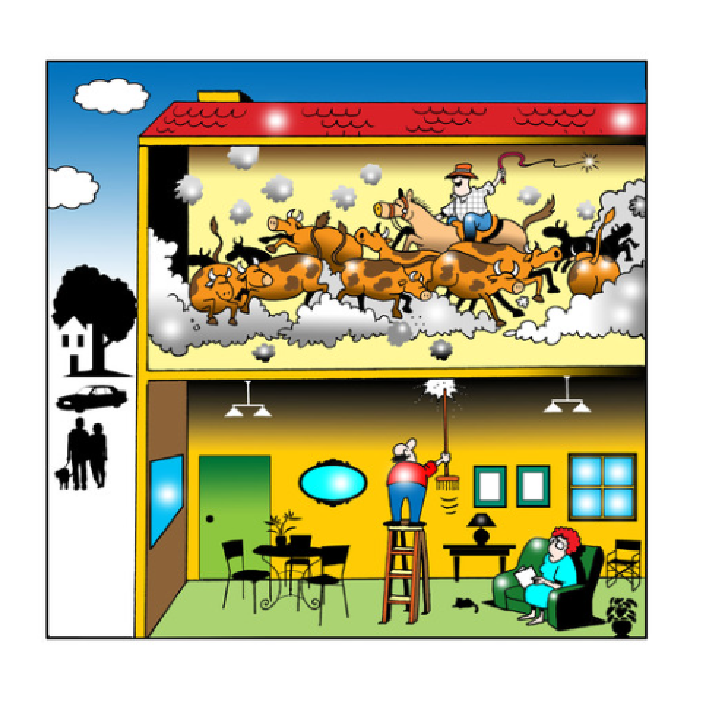Watt v Jamieson 1954 SC 56
Citation: Watt v Jamieson 1954 SC 56
Rule of thumb 1: If you have a noisy neighbour, can you sue them? Yes, but you have to prove that it was excessive.
Rule of thumb 2: If a neighbour causes water to go into your flat, is this a claim? Yes, if you bring it to their attention they have to clean it up, and if it keeps happening then damages can be obtained.
Judgment:
The basic facts of this case were that there was flooding coming from the neighbour’s flat. The Court, Lord Cooper, set the basic test that you are allowed to do what you want in your own property provided that it is not unreasonable test, and also set the ‘plus quam tolerable’ test. The Court held that this was deemed to be a nuisance and further held that the intent was not required to have a nuisance, although if there was evidence of intent there then it made a claim more likely to succeed. In this case it was held that there was a general duty against nuisance where people had to enjoy their land in a reasonable way and unduly prejudice the land and use of other people’s land, ‘...it must be accepted that a certain amount of inconvenience, annoyance, disturbance and even damage must just be accepted as the price the pursuer pays for staying where he does in a city tenement... proper angle of approach is from the standpoint of the victim as opposed to that of alleged offender... The balance in all such cases has to be held between the freedom of a proprietor to use his property as he pleases, and the duty on a proprietor not to inflict material loss or inconvenience on adjoining property and, in every case, the answer depends on considerations of fact and degree. The critical question is whether what he is exposed to was plus quam tolerible when due weight has been given to all surrounding circumstances of the offending conduct and its effects. If that test is satisfied, I do not consider that our law accepts as a defence that the nature of the use complained of was usual, familiar and normal. Any type of use which in the sense above subjects adjoining proprietors to substantial annoyance, or causes material damage to their property, is prima facie not a ‘reasonable use’”.’, Lord Cooper at 57-58

Warning: This is not professional legal advice. This is not professional legal education advice. Please obtain professional guidance before embarking on any legal course of action. This is just an interpretation of a Judgment by persons of legal insight & varying levels of legal specialism, experience & expertise. Please read the Judgment yourself and form your own interpretation of it with professional assistance.

